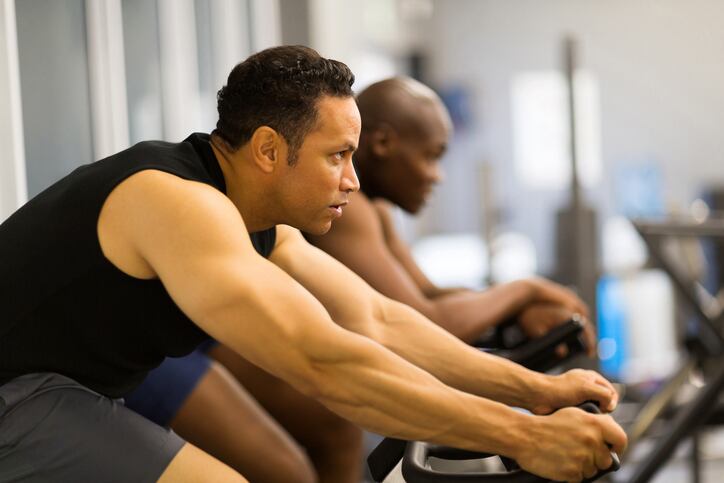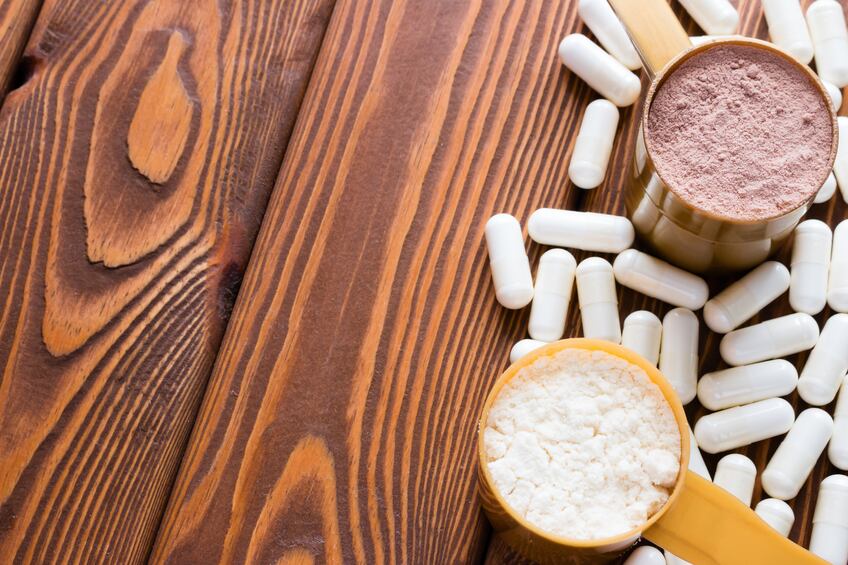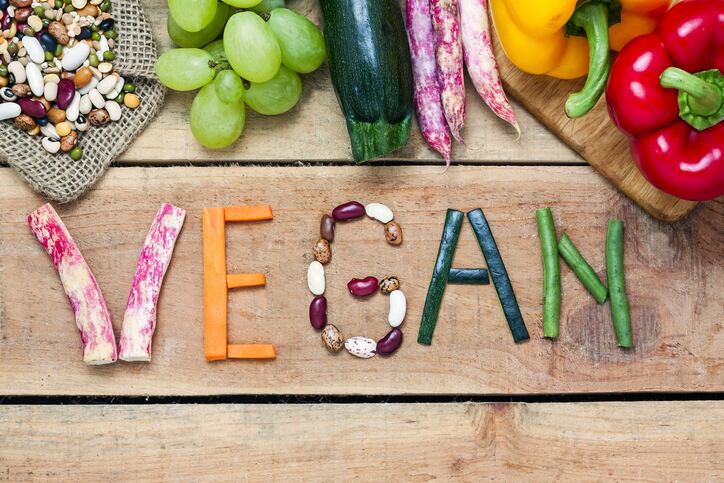The US-Canadian team also recommend further research into the performance benefits of beetroot juice/nitrates, which appears to show some benefits but limited effectiveness at altering training adaptations.
The review, which also discusses nutrient timing, concludes that training in a low glycogen state, “may alter metabolic stress and signalling pathways.”
“However, there does not seem to be a clear performance advantage, and a periodized approach to carbohydrate intake seems warranted.”
Sodium bicarbonate
The team from the University of North Carolina and Kennesaw State University, began looking at the evidence that focused on sodium bicarbonate.
Led by Dr Scott Forbes, a professor at the faculty of kinesiology and health studies at the University of Regina, the team think that while overall literature on sodium bicarbonate supplementation shows promise, individual studies were mixed.
On average, sodium bicarbonate increases performance in acute or repeated bouts of exercise by around 2‐3% in activities ranging from power sports, to middle distance events, to combat sports.
“While 2–3% may appear trivial at the elite level, this could certainly influence competition results.
“For example, in the 2016 Olympic games in track and field, the men’s 800 meter the difference between 1st and 6th place was only 1.98%.”
Although the precise mechanism(s) remains unclear, beta‐alanine with a dose of 3.2 to 6.4 grams per day (g/day) for 4 to 24 weeks show improvements to high‐intensity exercise performance although not all studies are in agreement.
Beta‐alanine and caffeine
Despite contrasting results, the team’s assessment of the evidence concludes that beta‐alanine shows potential for enabling greater HIIT adaptations through increases in training volume and intensity.
“Contradictory findings may be due to methodological differences that attempted to control for training volume and intensity or reported no difference,” the team theorise.
The study, which also includes colleagues from Brandon University and the University of Regina in Canada, also look at the combinatory effects of caffeine with multi‐ingredient supplements.
Here, one study examines a multi‐ingredient pre‐workout containing caffeine, creatine, and amino acids, which results in significant improvements in intermittent running time to exhaustion at 100%, 105%, and 110% of maximal aerobic capacity.
In another study, the same multi‐ingredient supplement is combined with 3‐weeks of HIIT (running), resulting in significant improvements in maximal aerobic capacity (VO2max) and lean body mass (+1.2 kilograms (kg)) in active men and women. However, these improvements were not different compared to HIIT and placebo.
“It has been hypothesised that combining caffeine and creatine may be counterproductive due to
competing mechanistic pathways, particularly at high levels of caffeine (less than 5 milligrams per kilogram (mg/kg)),” the review states.
“When evaluated around high‐intensity sprint exercise, there does not appear to be an ergolytic effect as consumption of caffeine (5–6 mg/kg) following creatine loading, has been shown to augment high‐ intensity exercise performance.”
Nitrate contradictions
The team also detail several chronic HIIT studies (3–6 weeks) that have examined the potential for nitrate to augment training adaptations.
Two studies found an increase in whole‐body oxygen uptake (VO2max) following HIIT training in active participants with nitrate supplementation (12.8 mmol NO3‐ divided into two servings) compared to HIIT and placebo while others found no enhancement of aerobic power.
Similarly, some studies show an enhancement in performance following HIIT with nitrate compared to placebo, while others found no benefit.
“Mechanistically, nitrate supplementation seems to have a greater impact on fast‐twitch fibres and impact PCG1‐alpha expression and, therefore may be ideal for HIIT,” the team says.
“However, to date, there appear to be contradictory findings. Future research examining the impact of nitrate on trained athletes with measures of muscle morphology is warranted.”
Source: Nutrients
Published online: doi.org/10.3390/nu12020390
“Supplements and Nutritional Interventions to Augment High‐Intensity Interval Training Physiological and Performance Adaptations— A Narrative Review.”
Authors: Scott Forbes et al.




